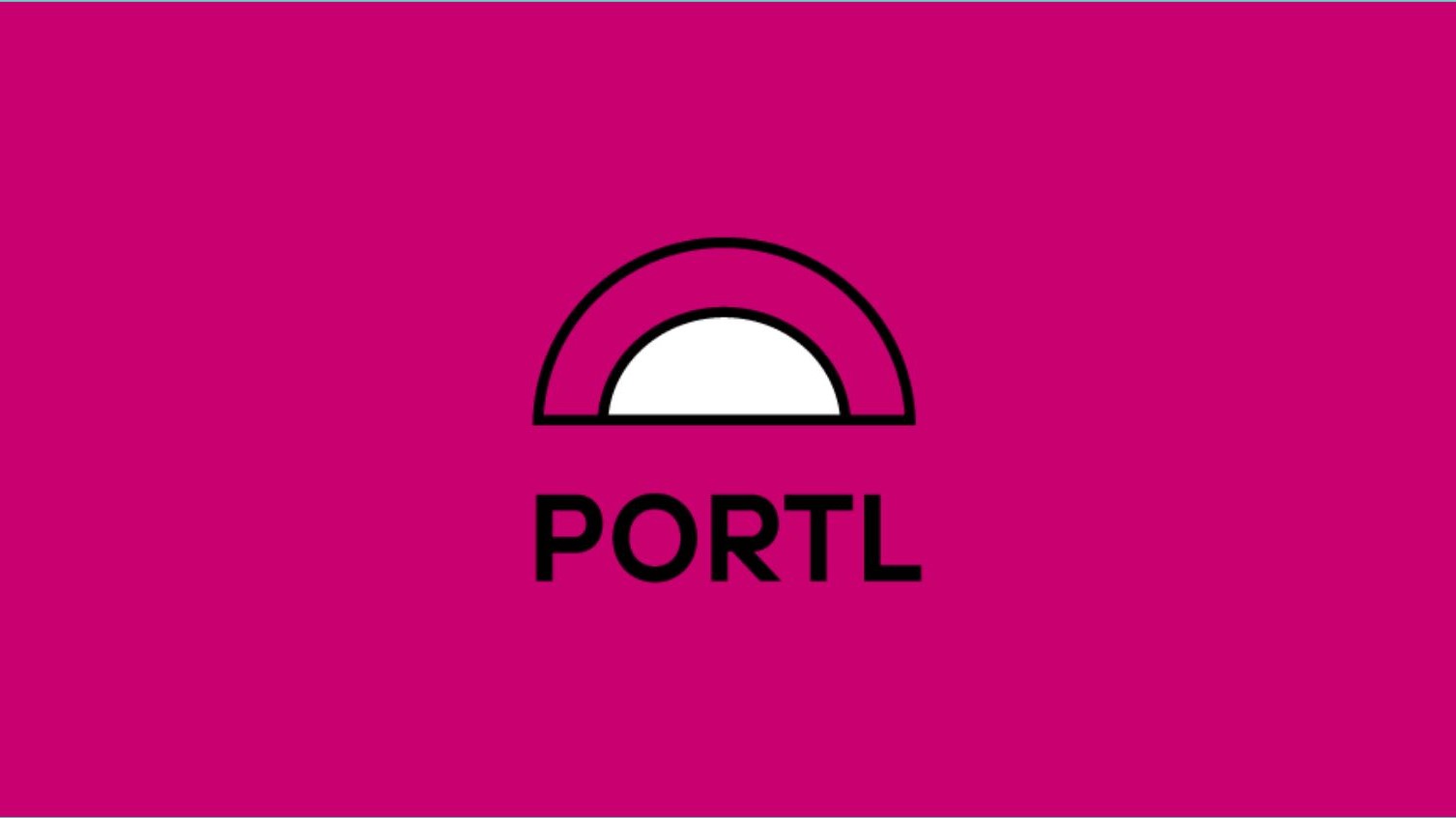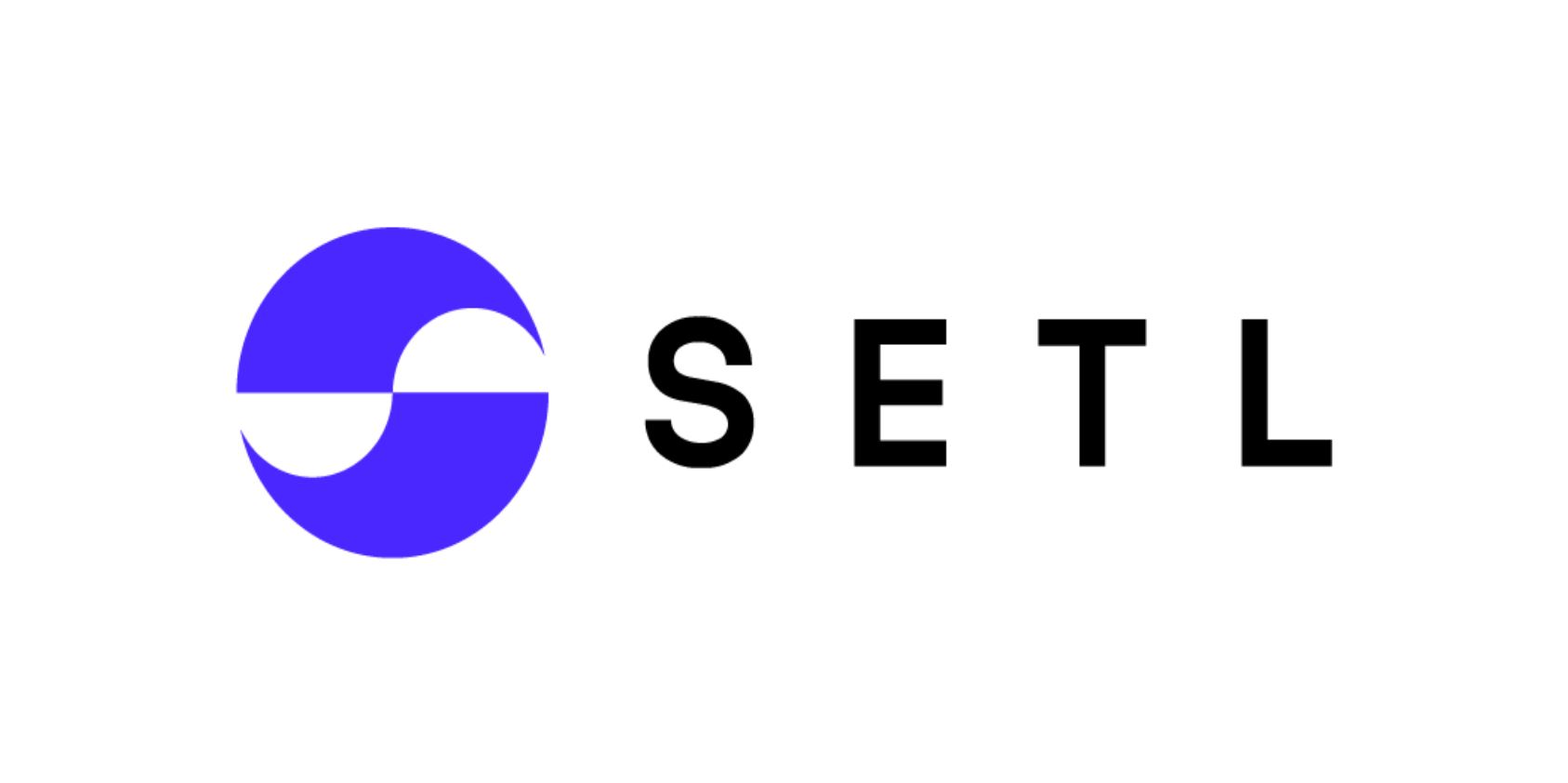SETL open sources its code with new PORTL Solution
London, 27 October: SETL, the London-based blockchain company, announces today that it is open sourcing its core framework, PORTL, in an effort to speed up adoption of Blockchain and DLT solutions. PORTL provides a robust and permissioned toolset for financial institutions to build applications that interoperate between existing infrastructures and a range of enterprise ledger technologies including Corda, Besu, Fabric, DAML and SETL’s own high-performance ledger.
The adoption of DLT in financial services has been slow in spite of the tremendous potential the technology has to offer. Many of the reasons lead back to a lack of understanding of secure deployment procedures for banks, where the high levels of IT security that banks expect stands in contrast to the innovation-first approach taken by some blockchain frameworks. In addition, low speed, limited scalability and a lack of a strategy for Integration with existing systems has led to unsuccessful proof-of-concepts (POCs). What’s more, to go from POC to a live system, banks need to plan for high volume and massive scale. Any blockchain needs to work within the array of systems that banks currently deploy, including links to SWIFT, hardware security modules and enterprise identity systems, to name but a few.
SETL’s recent article “Why isn’t Blockchain Working?” sets out the Top 10 reasons why banks and financial institutions are struggling to bring blockchain applications into profitable production.
Commenting on the PORTL launch, Philippe Morel, SETL CEO said: “The potential of DLT solutions is still significantly underexploited. With our open-source and fully interoperable PORTL framework, we hope to contribute to a wider adoption of DLT-based solutions.”
Anthony Culligan, Chief Engineer, added: “We are proud to make PORTL widely available to the tech community. It covers critical components for wide adoption of DLT standards, such as a tokenisation engine, smart contract, workflow and settlement engines, running on our DLT which is one of the fastest and most scalable in the world”.
In announcing PORTL, SETL is seeking to give institutions the tools they need to take DLT and blockchain into production. The PORTL framework includes a normalising layer for a range of enterprise ledgers, a BPMN2 workflow environment based on the opensource Camunda engine and ISO15022/ISO20022 integration with SWIFT. All of the components are deployable into a secure bank environment. To ease integration with existing systems, SETL has adopted KAFKA, the open source, high volume event engine as its main backbone for inter-process communication.
Culligan added, “Our use of high capacity and battle-hardened components such as Kafka and Camunda is in line with the technology journey financial institutions are taking. PORTL bridges the gap between ledger innovation and business integration allowing the true benefits of DLT to make the jump from POC to live operation.”
A finalist of the Monetary Authority of Singapore (MAS) CBDC challenge, SETL was also recently selected as one of Marketnode’s key technology partners. Marketnode is an SGX and Temasek digital asset venture specialising in developing DLT-based solutions for the financial industry. Its solutions are used in large-scale environments such as Citi.
Rehan Ahmed, Chief Product Officer at Marketnode, said: “We are proud to partner with SETL and share the same vision of a DLT enabled financial ecosystem alongside the paradigm shifts these innovations can enable. Marketnode is looking forward to leveraging SETL’s open-source technology to build out our next-generation end-to-end financial market infrastructure”.
Commenting on SETL’s PORTL solution, Joerg Guenther, Global Head of Technology for Citi Securities Services, said: “We have been working with SETL for several years and are in the process of deploying their solutions within our Securities Services business. We believe that DLT could be transformational for our industry and SETL’s strategy to open source its technology and ensure interoperability is a positive step to enabling scalability of DLT use cases”.
ENDS
About SETL
SETL is a London based technology provider with a proven track record in delivering distributed ledger technology (DLT) based solutions for financial markets, asset management and payments.
SETL’s DLT technology powers regulated financial market infrastructures that are active and operational, like the fund distribution platform IZNES. Most recently, SETL has successfully completed the world’s first Central Bank Digital Currency (CBDC) live fund transaction in collaboration with Banque de France, using the SETL blockchain that powers the IZNES fund distribution platform.
SETL’s enterprise blockchain technology hosts Verafide, the Turnkey Opensource Solution for Verifiable Credentials. Verafide allows organisations, networks and individual users to simply and securely issue, hold, verify and share digital ID credentials.
SETL is led by a team of financial services professionals with deep industry knowledge and expertise in disruptive innovation. SETL’s proprietary market leading technology is designed specifically for regulated, high performance, low latency applications that comply with ENISA and NIST standards.
SETL’s global capabilities include planning, design, support with regulatory approval processes, development and deployment; the solutions are delivered and hosted in a cloud, on prem or hybrid environments.
SETL’s board of directors is chaired by Sir David Walker, former chairman of Barclays and includes Christian Noyer, former Governor of the Banque de France and Professor Philip Bond, visiting researcher from the University of Oxford.
For more information visit our website, follow us on Twittter @setl_io or LinkedIn.


